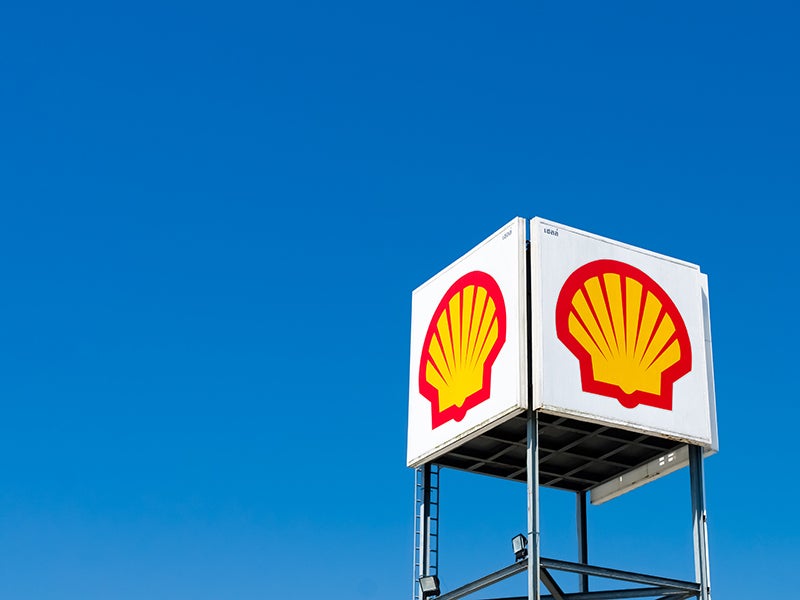
Shell is looking to widen its target audience through social media as oil and gas companies pump money into advertising campaigns to influence younger generations and improve their public image during the energy crisis.
The drive for social media comes as oil and gas companies are trying to persuade consumers that their products are necessary for national security due to supply shortages caused by the Russian invasion of Ukraine.

Discover B2B Marketing That Performs
Combine business intelligence and editorial excellence to reach engaged professionals across 36 leading media platforms.
Companies like BP in the UK and Chevron in the US, as well as groups like the American Petroleum Institute (API), a trade organisation representing over 600 members in the oil and gas industry, have started campaigns advocating for increased domestic capacity as a solution to the crisis.
The public relations push coincides with promises made by governments throughout the world for phasing out the pollution of fossil fuels, as well as a greater emphasis among regulators on both sides of the Atlantic on how corporations market their green credentials.
In the 30 days leading up to 5 July, BP has spent more on Facebook advertising under ‘political and social topics’ than any other organisation in the UK.
The oil group has spent more than £200,000 in a week, according to Facebook-owner Meta’s spending tracker, which is six times more than the second-highest spender, the International Rescue Committee.

US Tariffs are shifting - will you react or anticipate?
Don’t let policy changes catch you off guard. Stay proactive with real-time data and expert analysis.
By GlobalDataSince the start of the war in Ukraine, BP has launched ads featuring slogans such as “We’re backing Britain” and “Homegrown energy”, while others promoted North Sea oil and gas, and the UK’s “plan to boost long-term energy security”.
The API campaign promoted “American-made energy” and “American natural oil and gas” on Facebook. The trade association has continuously opposed the Biden administration’s push to transition towards renewable energy.
According to Who Targets Me, a British organisation that monitors political advertising on social media, BP’s ads before the war on Ukraine focused on green energy. BP, however, stated that its ad campaigns were aimed at highlighting its future plans more broadly. They told the Financial Times that the plans for homegrown energy in the UK are diverse, including oil and gas, wind, hydrogen, and EV charging, which has been reflected in their long-term investments.
Chevron put up ads on Facebook claiming it has increased drilling in the Permian Basin by more than 15% as part of the company’s larger effort to help with rising energy demands and lower carbon emissions. Chevron also said that it was meeting demands for reliable energy, as per the ads on Google.
InfluenceMap, a think-tank that tracks lobbying, also reported an increase in ads by oil and gas companies promoting the expansion of US fossil fuel production as part of their solution to the energy price shocks.
Shell has stated that its recent push on social media is an attempt to engage youth by highlighting its participation in the energy transition. By 2022, more than 35% of its spending is intended to go towards developing low-carbon energy and non-energy products.





